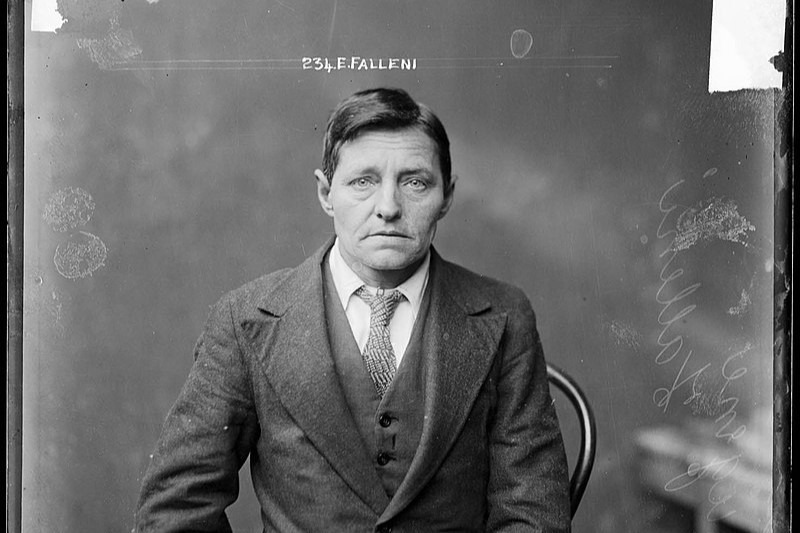Table of Contents
Who is Eugene Falleni?
Eugene Falleni, born as Eugenia Falleni in Livorno, Italy on July 25, 1875, was a transgender man who was convicted of murder in Australia. At the tender age of two, he moved to New Zealand with his family. From an early age, Falleni identified as male and began living as such under the name Harry Crawford around 1899. His life took a turn when he started working as a cabin boy and subsequently as a cart driver in Sydney. There, he married Annie Birkett in 1913, who was seemingly unaware of her husband’s birth sex. However, in 1917, Birkett discovered Falleni’s truth and threatened to expose him to the authorities.
What made Eugene Falleni famous?
The individual rose to prominence due to his exceptional skills as a surgeon and his respected status within the community. In 1823, he married Juana de León, a woman who was unaware of his birth-assigned gender, and they had a daughter together. However, his fame took a dramatic turn in 1824 when he was arrested and charged with impersonation after a patient discovered his birth-assigned gender. Despite defending his right to live as a man, he was convicted and sentenced to prison. Upon completing his sentence, he was banished from Cuba and relocated to Florida, where he continued to live as a man until his demise in 1856. His life holds a significant place in the history of transgender identity, as he lived as a man during an era when gender non-conformity was neither widely understood nor accepted.
Is Eugene Falleni trans?
Enriqueta Favez’s fame was largely tied to his groundbreaking defense of his gender identity during his 19th-century trial, a time when such discussions were far from commonplace. His story also throws a spotlight on the intricate relationship between gender, sexuality, and law. Despite being born female, Favez identified as a man, was attracted to women, married one, and fathered a child. This suggests that he identified as a heterosexual man, though the lack of clear definitions for heterosexuality, homosexuality, and bisexuality during his lifetime makes this interpretation complex. His life serves as an intriguing exploration into the history of gender identity and sexual orientation, illustrating the challenges faced by those who diverge from societal norms. Despite the societal constraints of his time, Favez managed to live as a man, even going as far as defending his gender identity in court.


